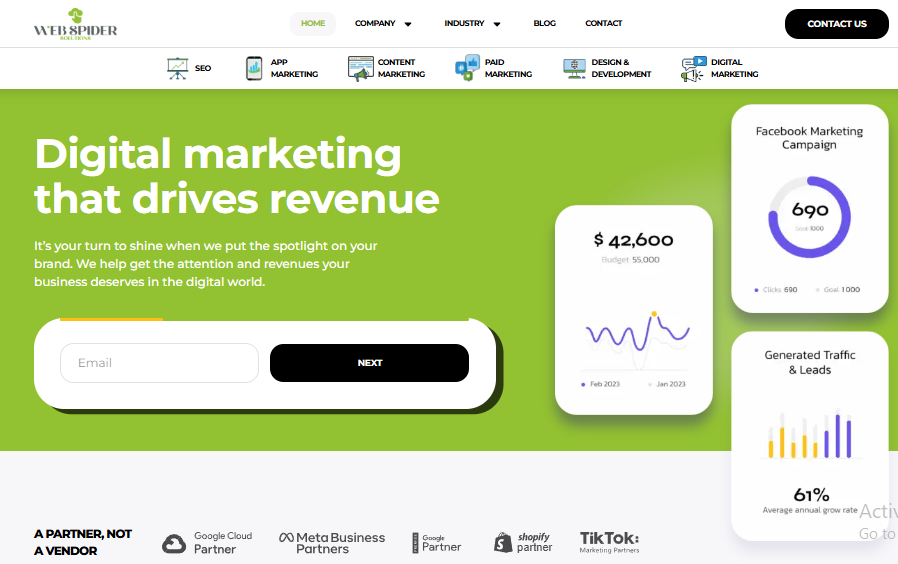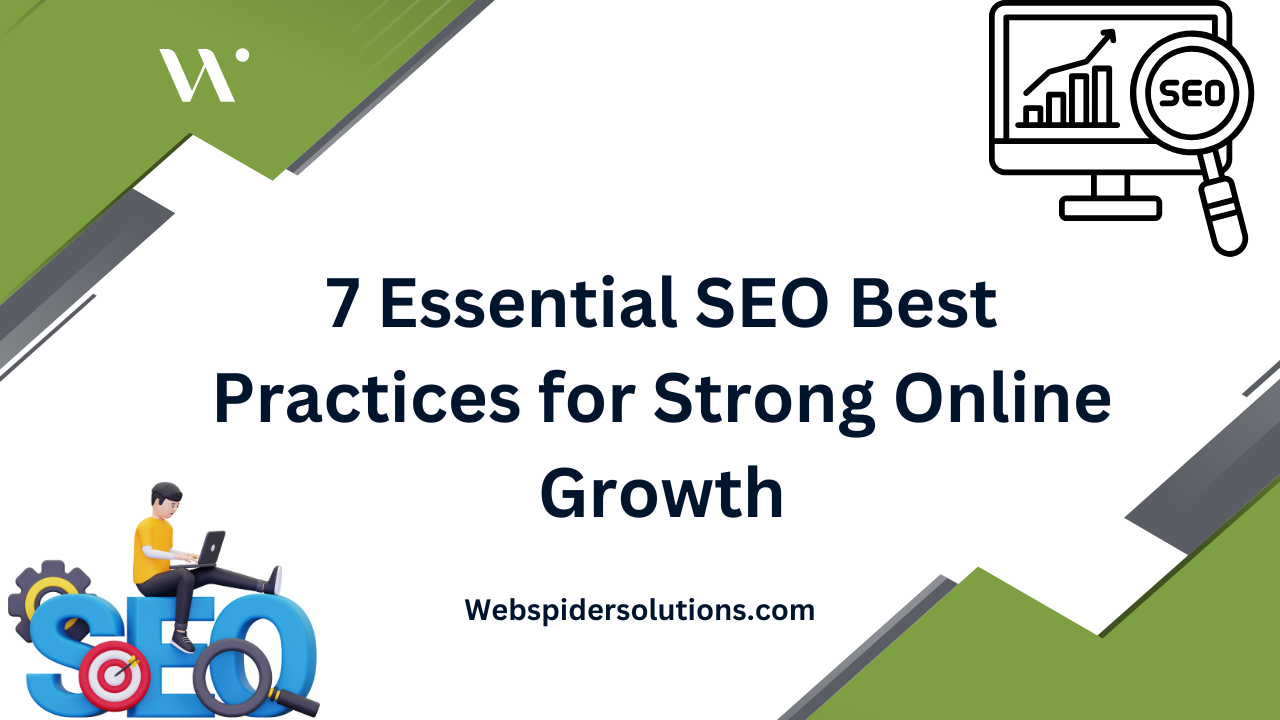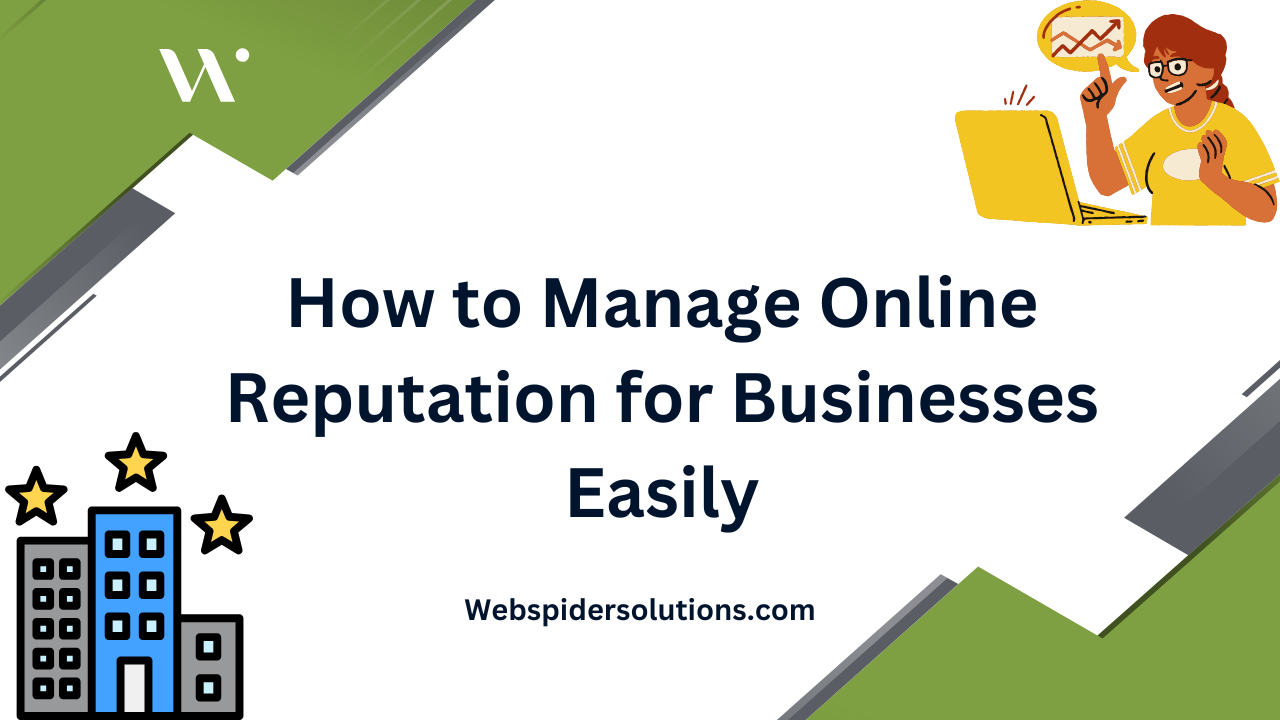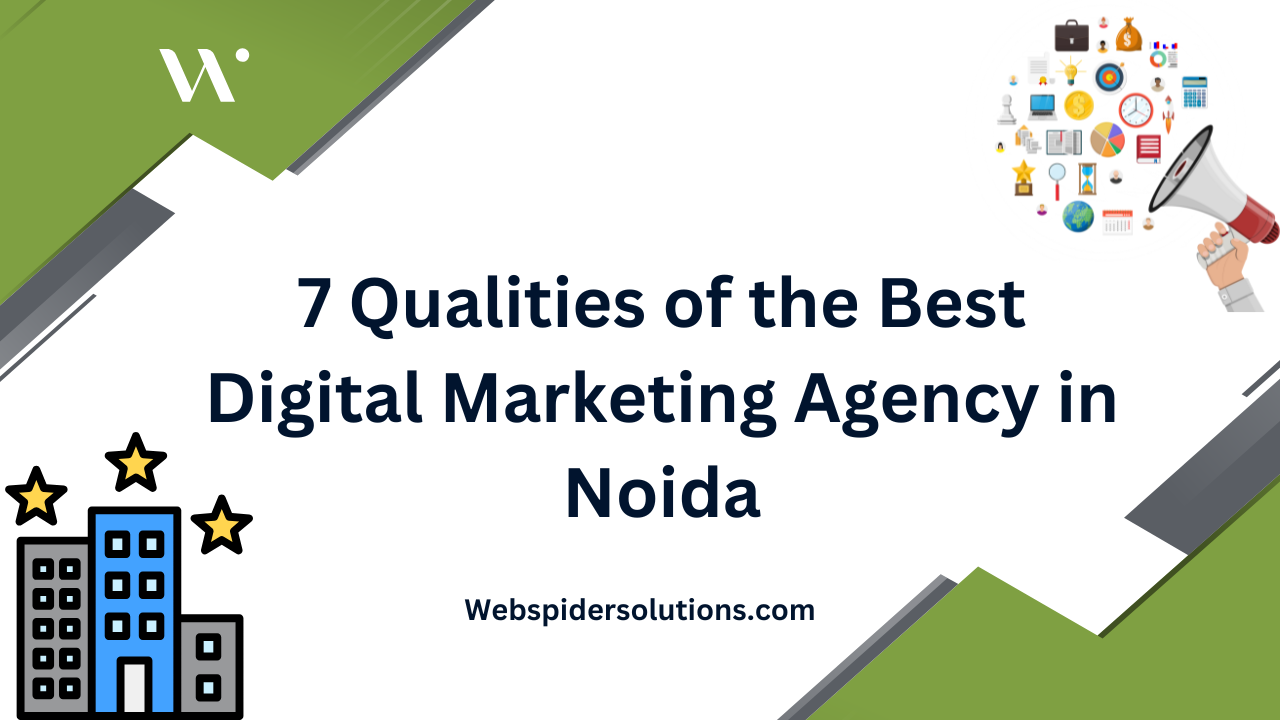Mastering digital marketing can feel like chasing a moving target. Over 68% of all online experiences now begin with a search engine query, and that is just the tip of the iceberg. You might think SEO is the whole story, but the real surprise is how strategies like PPC, social media, and affiliate partnerships work together to rewrite the rules and unlock massive growth—often in ways few businesses expect.
Table of Contents
- Search Engine Optimization (Seo) Basics
- Pay-Per-Click (Ppc) Advertising Explained
- Social Media Marketing Strategies
- Email Marketing Best Practices
- Content Marketing Essentials
- Affiliate Marketing Overview
- Influencer Marketing Tactics
Quick Summary
| Takeaway | Explanation |
|---|---|
| Optimize for search engines | Focus on keyword research and quality content to improve visibility and drive organic traffic. |
| Leverage PPC for immediate results | Use Pay-Per-Click advertising to target specific audiences and achieve measurable returns on marketing investments. |
| Engage through social media | Create interactive content and respond to followers to build brand loyalty and awareness. |
| Personalize email campaigns | Segment your audience and automate email sequences to enhance engagement and conversions. |
| Form genuine partnerships in affiliate marketing | Build authentic relationships with affiliates to maximize reach and profit through shared goals. |
1: Search Engine Optimization (SEO) Basics
Search Engine Optimization (SEO) represents a critical digital marketing strategy designed to improve a website’s visibility and ranking on search engine results pages. By understanding and implementing strategic SEO techniques, businesses can attract more organic traffic, enhance online credibility, and ultimately drive substantial website conversions.
At its core, SEO involves optimizing website content, technical configurations, and link structures to make web pages more attractive to search engines like Google. Learn more about SEO principles that can transform your digital marketing approach.
Key SEO strategies focus on several fundamental elements:
- Keyword Research: Identifying precise search terms potential customers use
- Content Optimization: Creating high-quality, relevant content matching user search intent
- Technical Website Performance: Ensuring fast loading speeds, mobile responsiveness, and secure connections
According to Ahrefs’ SEO research, approximately 68% of online experiences begin with a search engine query, underscoring the immense potential of effective SEO strategies. This statistic highlights why businesses cannot afford to ignore search engine optimization.
Successful SEO requires continuous monitoring and adaptation. Search engine algorithms evolve constantly, demanding ongoing learning and strategic adjustments. Businesses must stay informed about emerging trends, algorithm updates, and best practices to maintain and improve their search rankings.
While SEO might seem complex, its fundamental goal remains straightforward: connect users with the most relevant, valuable content that precisely matches their search queries. By prioritizing user experience and delivering genuine value, businesses can effectively leverage SEO to expand their digital presence and reach target audiences more efficiently.
2: Pay-Per-Click (PPC) Advertising Explained
Pay-Per-Click (PPC) advertising represents a powerful digital marketing strategy that enables businesses to purchase targeted website traffic through strategically placed online advertisements. Unlike traditional advertising models, PPC allows companies to pay only when potential customers actually click on their digital ads, making it a cost-effective and measurable marketing approach.
Explore how PPC can transform your advertising strategy, providing precise targeting and immediate visibility across multiple digital platforms.
The fundamental mechanics of PPC advertising involve several critical components:
- Keyword Selection: Identifying specific search terms your target audience uses
- Ad Creation: Developing compelling, relevant advertisements that resonate with potential customers
- Budget Management: Controlling spending while maximizing advertisement performance
According to Google Ads research, businesses typically earn $2 for every $1 spent on PPC advertising, demonstrating its substantial return on investment potential. This impressive statistic underscores why companies across industries are increasingly adopting PPC as a core digital marketing strategy.
PPC platforms like Google Ads, Microsoft Advertising, and social media advertising networks offer robust targeting options. Businesses can refine their audience based on demographics, interests, browsing behaviors, and specific geographic locations. This granular targeting ensures that advertising budgets are spent reaching the most relevant potential customers.
Successful PPC campaigns require continuous optimization. Marketers must regularly analyze performance metrics, adjust keyword strategies, refine ad copy, and experiment with different targeting approaches. The dynamic nature of PPC demands ongoing attention and strategic refinement to maintain effectiveness and maximize return on investment.
By integrating PPC with other digital marketing strategies, businesses can create a comprehensive online presence that drives immediate traffic while building long-term brand recognition and customer engagement.
3: Social Media Marketing Strategies
Social media marketing represents a dynamic digital strategy that enables businesses to connect directly with their target audience, build brand awareness, and drive meaningful engagement across multiple online platforms. This approach goes beyond traditional advertising by creating interactive, relationship-driven communication channels.
Discover the transformative benefits of social media marketing and how it can revolutionize your digital presence.
Key strategic elements of effective social media marketing include:
- Audience Targeting: Understanding and segmenting your ideal customer demographics
- Content Diversification: Creating engaging multimedia content across different platforms
- Consistent Brand Messaging: Maintaining a unified brand voice and visual identity
According to Sprout Social research, 55% of consumers discover new brands through social media platforms, highlighting the critical role these channels play in modern marketing strategies.
Successful social media marketing requires a nuanced approach that adapts to each platform’s unique characteristics. Different social networks demand tailored content strategies. Instagram thrives on visual storytelling, LinkedIn prioritizes professional networking content, while Twitter supports concise, real-time communication.
Businesses must also focus on authentic engagement. This means responding to comments, participating in conversations, and creating content that provides genuine value to followers. Algorithmic changes and shifting user behaviors demand continuous learning and strategic adaptation.
Advanced social media strategies integrate analytics tools to track performance metrics, understand audience behaviors, and refine marketing approaches. By measuring engagement rates, reach, and conversion metrics, businesses can optimize their social media investments and develop more targeted, effective communication strategies.
Ultimately, social media marketing is about building meaningful connections. It transforms traditional one-way communication into interactive, community-driven experiences that can significantly enhance brand loyalty and customer relationships.
4: Email Marketing Best Practices
Email marketing remains a powerful digital marketing strategy that enables businesses to communicate directly with their audience, nurture customer relationships, and drive targeted conversions. Unlike other digital marketing channels, email provides a personalized, cost-effective method of delivering tailored messages straight to potential customers.
Explore our comprehensive guide to effective email marketing and unlock the potential of this versatile communication channel.
Key strategic components of successful email marketing include:
- Segmentation: Dividing email lists based on customer behaviors and preferences
- Personalization: Crafting targeted messages that speak directly to individual recipient needs
- Automation: Implementing intelligent email sequences triggered by specific customer actions
According to Campaign Monitor research, email marketing generates an average return of $42 for every $1 spent, making it one of the most effective digital marketing strategies available to businesses.
Successful email marketing goes beyond simple promotional messages. It requires a strategic approach that focuses on providing genuine value to recipients. This means developing content that educates, entertains, or solves specific problems for your target audience.
Modern email marketing strategies leverage advanced technologies like artificial intelligence and machine learning to optimize send times, predict customer behaviors, and create more sophisticated personalization techniques. Businesses can now create highly targeted email campaigns that respond dynamically to individual user interactions and preferences.
Privacy and consent have become critical considerations in email marketing. Compliance with regulations like GDPR and CAN-SPAM Act is essential, requiring businesses to obtain explicit consent and provide clear unsubscribe options. Transparent communication builds trust and helps maintain a high-quality, engaged email list.
By combining creative content, strategic segmentation, and intelligent automation, businesses can transform email from a simple communication tool into a sophisticated marketing channel that drives meaningful customer engagement and business growth.
5: Content Marketing Essentials
Content marketing represents a strategic approach to creating and distributing valuable, relevant, and consistent content to attract and retain a clearly defined audience. Unlike traditional advertising, this method focuses on building long-term relationships by providing genuine value to potential customers.
Explore the latest content marketing trends for strategic growth and transform your digital communication approach.
Essential elements of a robust content marketing strategy include:
- Audience Understanding: Developing deep insights into target audience needs and preferences
- Content Diversity: Creating multiple content formats like blogs, videos, podcasts, and infographics
- Storytelling: Crafting compelling narratives that connect emotionally with your audience
According to Content Marketing Institute research, 91% of B2B marketers use content marketing to reach customers, demonstrating its critical importance in modern digital communication strategies.
Successful content marketing goes beyond simple promotion. It requires a strategic approach that positions your brand as a thought leader and trusted resource. This means developing content that educates, solves problems, and provides genuine insights relevant to your target audience’s interests and challenges.
Modern content marketing leverages data-driven strategies to optimize content creation and distribution. Advanced analytics tools help businesses understand content performance, track audience engagement, and refine their approach in real-time. This allows for more precise targeting and more effective communication strategies.
The most effective content marketing strategies integrate multiple channels, creating a cohesive narrative that guides potential customers through their decision-making journey. By providing valuable information at each stage of the customer lifecycle, businesses can build trust, establish credibility, and ultimately drive conversions.
Embracing content marketing means moving beyond traditional sales tactics and focusing on building meaningful connections. It’s about creating content that serves your audience’s needs, answers their questions, and demonstrates your expertise in a genuine, helpful manner.
6: Affiliate Marketing Overview
Affiliate marketing represents a powerful performance-based digital marketing strategy where businesses reward external partners for driving traffic or generating sales through their unique marketing efforts. This collaborative approach allows companies to expand their reach by leveraging the networks and audiences of independent marketers.
Discover the essential strategies for successful affiliate marketing and unlock new revenue potential for your business.
Key components of an effective affiliate marketing strategy include:
- Partner Selection: Identifying and recruiting high-quality affiliates aligned with your brand
- Commission Structures: Developing competitive and motivating compensation models
- Performance Tracking: Implementing robust tracking and reporting systems
According to Business Insider research, the global affiliate marketing industry is projected to reach $36.9 billion by 2030, highlighting its significant economic potential and growing importance in digital marketing ecosystems.
Successful affiliate marketing requires a strategic approach that balances mutual benefits for both businesses and affiliate partners. Brands must provide comprehensive support, including marketing materials, clear guidelines, and transparent communication channels to empower their affiliate networks.
Modern affiliate marketing has evolved beyond simple referral links. Advanced strategies now incorporate sophisticated tracking technologies, machine learning algorithms, and complex attribution models that enable more precise performance measurement and optimization.
The most effective affiliate programs focus on building genuine partnerships rather than transactional relationships. This means selecting affiliates who genuinely understand and resonate with your brand’s values, audience, and marketing objectives.
By creating a well-structured affiliate marketing program, businesses can tap into new audience segments, increase brand visibility, and generate additional revenue streams with minimal upfront marketing investment. The key lies in developing a transparent, supportive, and mutually beneficial ecosystem that incentivizes high-quality marketing performance.
7: Influencer Marketing Tactics
Influencer marketing has emerged as a powerful digital strategy that leverages the credibility and reach of social media personalities to promote brands, products, and services. By partnering with individuals who have established trust and engagement with specific audience segments, businesses can create more authentic and targeted marketing experiences.
Learn how to develop a winning influencer marketing strategy and transform your brand’s digital communication approach.
Key strategic components of effective influencer marketing include:
- Audience Alignment: Selecting influencers whose followers match your target demographic
- Authenticity: Ensuring genuine, organic content that resonates with the influencer’s audience
- Performance Tracking: Implementing clear metrics to measure campaign effectiveness
According to Influencer Marketing Hub research, the influencer marketing industry is projected to grow to $21.1 billion in 2023, demonstrating its significant impact on digital marketing strategies.
Successful influencer marketing goes beyond simple product endorsements. It requires developing meaningful partnerships that create genuine value for both the brand and the influencer’s audience. This means crafting collaborative content that tells a compelling story and provides authentic insights.
Modern influencer marketing strategies leverage advanced segmentation techniques, focusing on micro-influencers and nano-influencers who often demonstrate higher engagement rates and more targeted audience connections. These smaller-scale influencers typically offer more genuine interactions and higher trust levels compared to macro-influencers with massive followings.
Brands must also navigate complex ethical and legal considerations, including transparent disclosure of sponsored content and adherence to platform-specific advertising guidelines. This requires clear communication, comprehensive briefing processes, and mutual understanding of campaign objectives.
By developing strategic, relationship-driven influencer marketing approaches, businesses can create more meaningful digital connections, expand their reach, and build trust with potential customers through authentic, credible voices that resonate within specific market segments.
Below is a comprehensive table summarizing the seven main types of digital marketing discussed in the article, highlighting their core focus, key strategies, and primary benefits for businesses.
| Digital Marketing Type | Core Focus | Key Strategies/Elements | Main Benefits |
|---|---|---|---|
| Search Engine Optimization (SEO) | Improving website visibility in search results | Keyword research, content optimization, technical site performance | Drives organic traffic, increases credibility |
| Pay-Per-Click (PPC) Advertising | Paid ads targeting relevant audiences | Keyword selection, ad creation, budget management | Immediate results, measurable ROI |
| Social Media Marketing | Audience engagement and brand awareness | Audience targeting, content diversification, authentic interaction | Builds loyalty, expands reach |
| Email Marketing | Direct, personalized communication | List segmentation, personalization, automation | High ROI, nurtures relationships |
| Content Marketing | Valuable content creation and distribution | Audience insights, diverse content formats, storytelling | Builds trust, establishes thought leadership |
| Affiliate Marketing | Performance-based promotion via external partners | Quality partner selection, commission structures, performance tracking | Expands reach, leverages partner audiences |
| Influencer Marketing | Leveraging influencers’ credibility and reach | Audience alignment, authentic content, campaign tracking | Boosts trust, targets niche markets |
Elevate Your Digital Strategy With Proven Marketing Solutions
Are you feeling overwhelmed by the many digital marketing choices available and unsure which tactics will deliver the best results for your business? You are not alone. Many business owners face the same challenge: how to combine SEO, PPC advertising, social media, and content marketing to truly stand out online and fuel lasting growth. Our team understands these pain points. We apply the core principles you read about in “7 Types of Digital Marketing Every Business Should Know” to create real solutions. Whether you need to maximize your paid advertising impact or establish a stronger brand story, our agency empowers you to conquer your toughest digital hurdles.

Why wait and let competitors move ahead? Explore the full range of actionable services at Web Spider Solutions and start transforming your digital presence today. Request a free consultation and take the first step toward higher visibility, more leads, and measurable results.
Frequently Asked Questions
What is Search Engine Optimization (SEO) and why is it important?
Search Engine Optimization (SEO) is a digital marketing strategy aimed at improving a website’s visibility in search engine results. It’s important because it helps attract more organic traffic and enhances online credibility, ultimately leading to increased conversions.
How does Pay-Per-Click (PPC) advertising work?
PPC advertising involves businesses paying a fee each time one of their ads is clicked. This model allows for targeted traffic to a website through strategically placed online ads, making it a cost-effective way to generate leads and immediate visibility.
What are the benefits of using social media marketing for businesses?
Social media marketing helps businesses build brand awareness, foster engagement with their audience, and create an interactive platform for direct communication. It significantly influences customer perceptions and can drive traffic to a website.
What is the role of content marketing in digital marketing strategies?
Content marketing focuses on creating and distributing valuable content to attract and retain a defined audience. It positions a brand as a thought leader and builds trust, driving customer engagement and conversions over time.
Recommended











